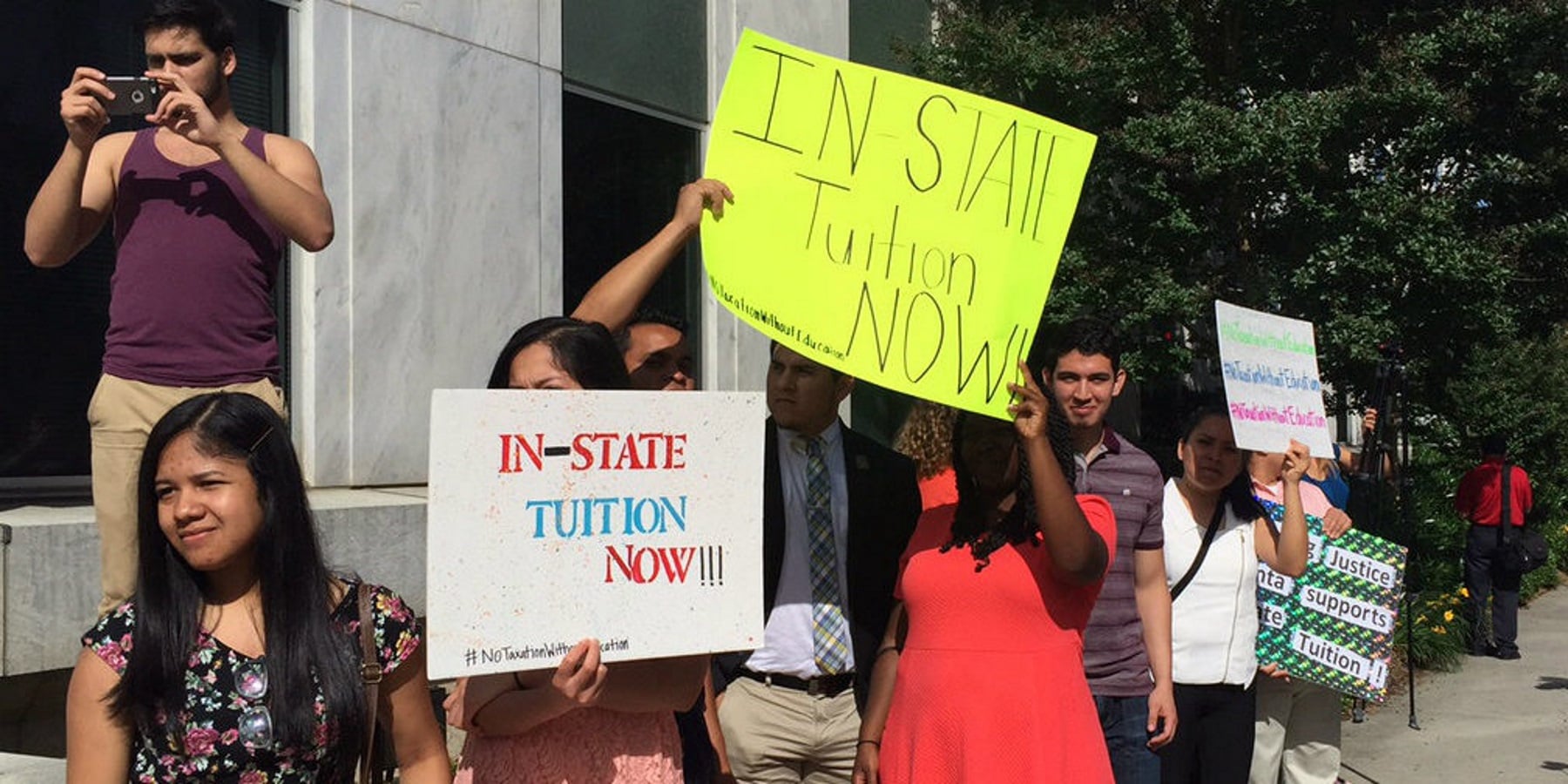The Georgia Court of Appeals reversed a lower court’s decision Monday that would have allowed immigrant students who have temporary permission to stay in the country to pay in-state tuition at Georgia’s public colleges and universities.
In late December, a Fulton County Superior Court judge ruled that students with Deferred Action for Childhood Arrivals (DACA) status should be entitled to pay in-state tuition, but that ruling had been put on hold after the university system appealed the ruling.
The students argued that DACA, which was created by President Barack Obama through executive action in 2012, meant they were “lawfully present” in the country. The Board of Regents’ policy requires schools to verify the “lawful presence” of students applying for in-state tuition.
In its ruling Monday, the Georgia Court of Appeals judges wrote, “the DACA policy did not require that the Board or its institutions accept its designation of recipients as being ‘lawfully present’ for the purpose of determining the recipients’ eligibility for in-state tuition.” It said that even if a student was verified as “lawfully present,” “that student is not automatically entitled to in-state tuition under the Board’s policies,” saying the policies give the Board of Regents’ “broad discretion.”










